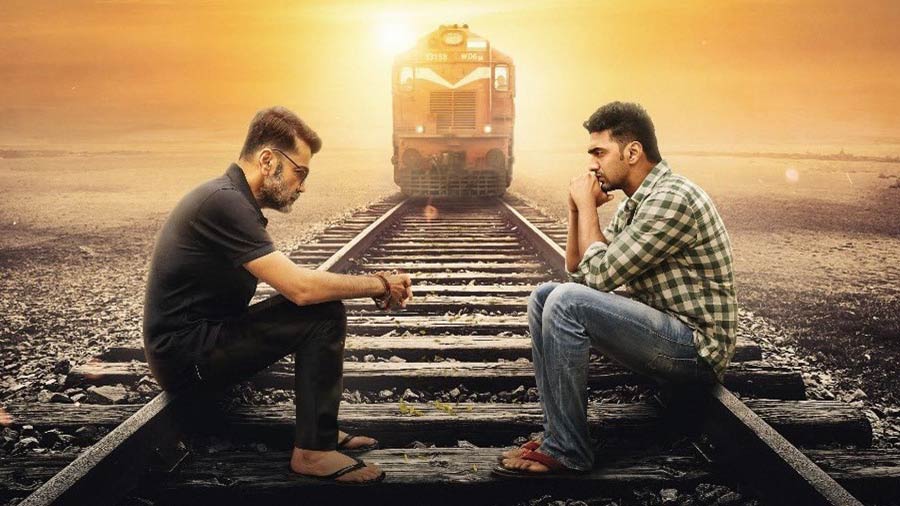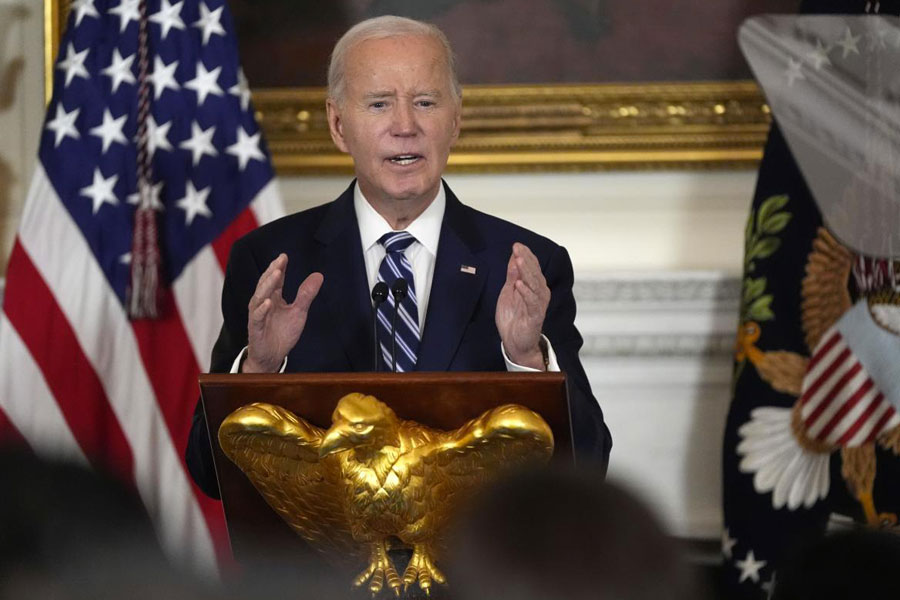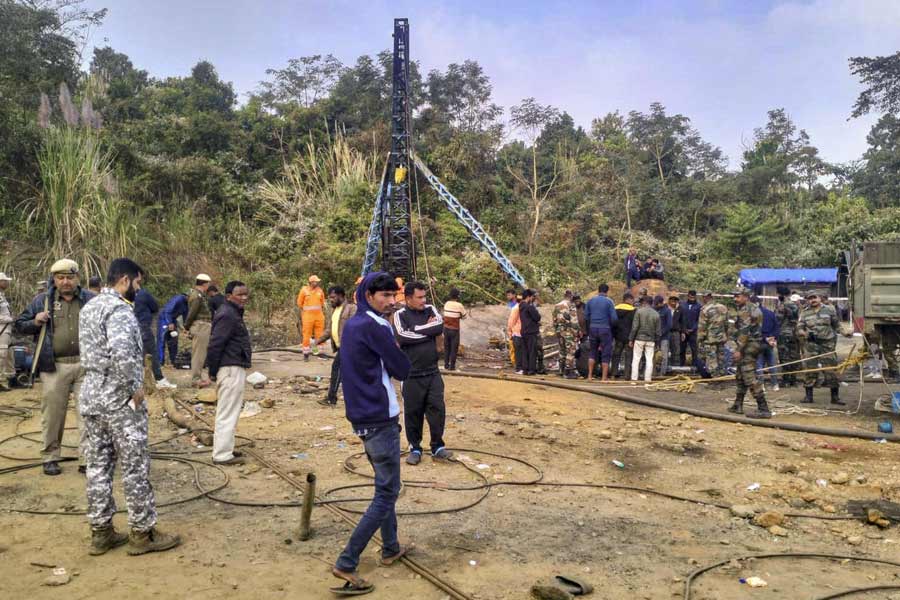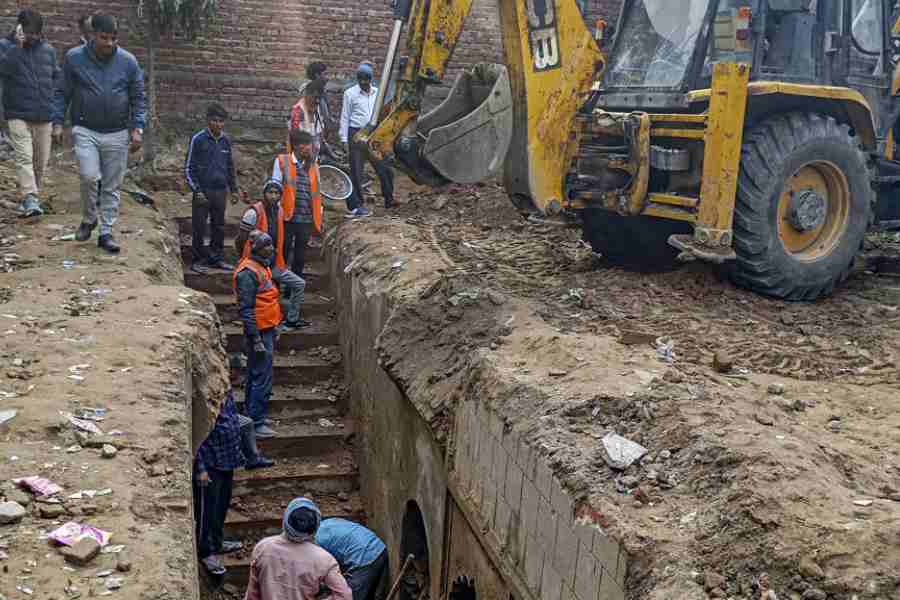The trailer of Kacher Manush began with a short scene from Rajen Tarafdar’s 1964 film Jiban Kahini, starring Anup Kumar and Bikash Roy. The connection between the two films becomes clear as you watch the Prosenjit-Dev-starrer, which released at cinemas on September 30. Director Pathikrit Basu has borrowed the core idea of Kacher Manush from Tarafdar’s Jiban Kahini.
Sometimes desperation to make ends meet pushes one to take extreme measures. Kuntal (Dev) is one such person; he wants to escape the harsh realities of life and embrace death. His brother, an agent in a chit fund, died by suicide after the business went bust. His mother, unable to bear the shock, suffered a stroke and is paralysed. One night, when Kuntal tries to give up his life on the railway track, Sudhangshu (Prosenjit) saves him. An insurance agent with a dubious past, Sudhangshu needs money for his sister Kusum’s (Ishaa Saha) heart surgery. He comes up with an ingenious plan that would solve both his and Kuntal’s problems.
Pathikrit Basu retains the theme of financial struggle from Jiban Kahini but contemporises the story. Thus, Kacher Manush becomes a reflection of the times we live in, with rampant corruption, large-scale unemployment, scams and an alarming rise in death by suicide. However, Basu’s treatment of the subject only scratches the surface. Kacher Manush takes a sudden turn after intermission and becomes an action thriller, with Sudhangshu trying to murder Kuntal at any cost. The climax of the film dilutes the entire build-up of the narrative so far.
Dev turns in a heartfelt performance as a man in dire need of money. The song Chumbok Mon might even bring back memories of Le Chakka as Dev and Ishaa explore the alleys and bylanes of north Kolkata. The angst of losing his brother, the trauma of seeing his mother in a vegetative state, the desperation of arranging money to run the family and the helplessness of not landing a job have been well articulated by him.
Prosenjit stands out as the helpless brother who would not shy away from killing someone for the sake of his sister. He switches from humour to pain to sheer ruthlessness in quick succession. Ishaa has little to offer except play the damsel in distress. Her character Aalo/Kusum is boisterous and bubbly and Ishaa gets into the character easily.
Music plays an important role in taking the narrative forward in Kacher Manush. The songs are written and composed by Nilayan Chatterjee. Taka Lage, sung by Pranjal Biswas, highlights the importance of money in life even as we see Kuntal and Sudhangshu struggle to arrange some. Sonu Nigam’s soulful rendition of Mukti Dao hits hard as the story approaches the climax.
It is the screenplay of Kacher Manush which lets the film down. Basu chooses not to tread the road less travelled and goes for a soft, predictable ending. A special appearance by a benevolent businessman saves the day for Kuntal and Sudhangshu, but do people get as lucky in real life?










